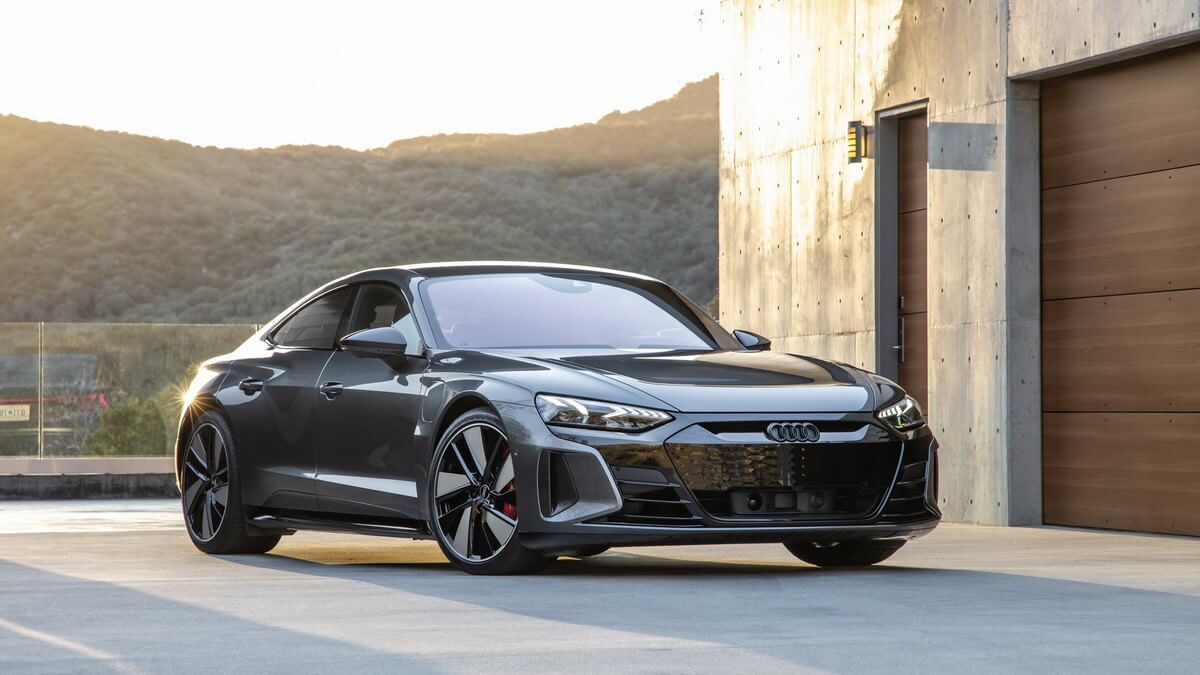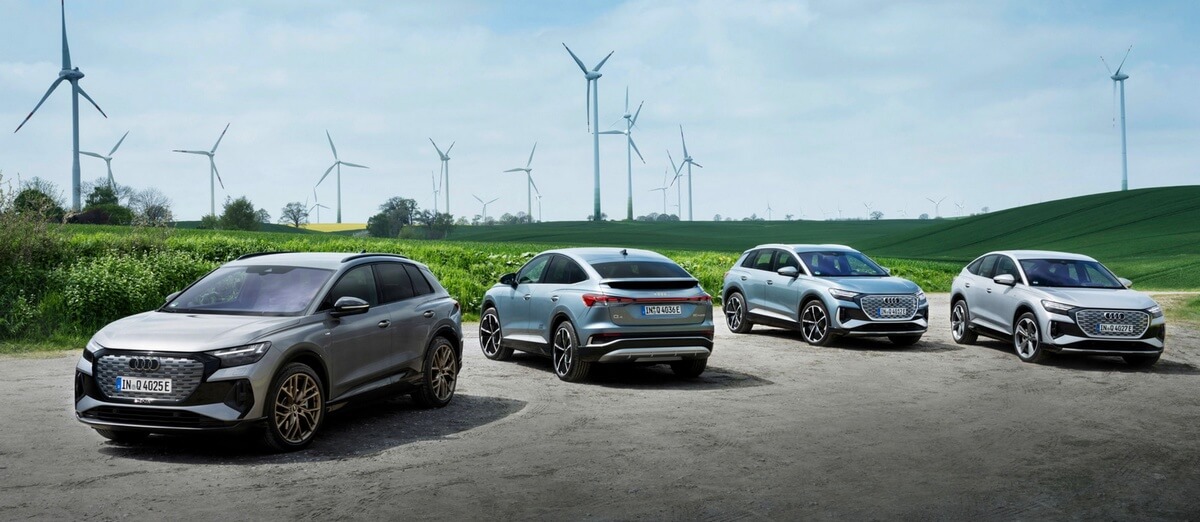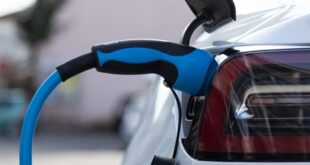Audi has now officially announced that it would stop producing combustion engine cars by 2033.
At this point, all automakers except a select few have unanimously agreed to an all-electric automotive future. Toyota, on the contrary, believes that people are yet to completely warm up to battery-electric vehicles. Nevertheless, the Japanese automaker sees PHEVs and fuel-cell vehicles as good investments and considers them a much-required bridge to complete electrification. And honestly, in my opinion, that seems a pretty rational decision. Audi, however, believes in the complete abolishment of fossil fuel vehicles and has decided to stop producing ICE vehicles by 2033.
This announcement comes as a corollary to Audi’s aim of achieving complete carbon neutrality by 2050. Such an idea doesn’t seem too far-fetched, especially while looking at Audi’s aggressive electrification policy.
Indeed, the upscale VW subsidiary confirmed that all new models leaving its assembly lines after 2026 would house a fully electric powertrain. The A3 and A4 will be replaced by all-electric successors, while the next-generation Q8 would be the final ICE model from the German marque.
It is worth mentioning that Tesla and other companies producing EVs exclusively would have an inherent advantage in this scenario. With an EV-only customer base, such companies could hope to ramp up production and try to sell as many vehicles as they can during the transition period. However, for brands like Audi and its gasoline-powered legacy, it will be one tough job, while entirely ditching fossil-fueled vehicles might prove counterproductive. So, to maintain its business integrity during the switch, Audi will have to carefully condition its patrons over a sufficient period before ultimately pulling the plug on ICE vehicles.
On the other hand, many believe that the current EV market is limited only by the lack of options in automakers’ current all-electric lineups. Given ample options catering to the entire budget spectrum, many people believe that combustion cars would go extinct much before 2033. That being said, the exact time of death of petrol and diesel cars will ultimately be decided by legislation and the customers.
And that’s just around the corner…









